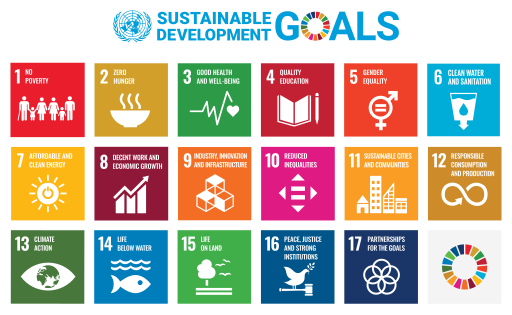
Sustainability
We accompany you in your sustainability transformation.
"The heat is on": Sustainable management is moving from being a "nice to have" to a must.
WHY SUSTAINABILITY?
Climate crisis, shortage of raw materials, competitive pressure, legal requirements and regulations, shortage of skilled workers - the pressure on management and the board of directors is high to drive forward the sustainability transformation.
But: where to start, where to stop?
What must be done, what can be done, what should be done?

SDG, ESG, CSRD & Co.
Based on the 17 Sustainable Development Goals (SDG) of the United Nations to ensure sustainable development on an economic, social and ecological level, as well as the European Green Deal, companies are facing a number of laws and regulations in connection with ESG.
Specifically, these include the Corporate Sustainability Reporting Directive (CSRD), the EU Sustainability Reporting Standards (ESRS), and the Supply Chain Directive.
IT G
Today, sustainable corporate governance is described by the abbreviation ESG and stands for environment, social aspects and responsible corporate management (governance).
CSRD
The "Corporate Sustainability Reporting Directive" (CSRD) sets the framework for sustainability reporting, with which the reporting obligations as well as the report content for companies with 250 or more employees and 40 million euros in sales will be significantly expanded from fiscal year 2023. This sets new standards for the entire sustainability management, including mapping of double materiality, strategic anchoring, presentation of development or reduction paths, CO2 monitoring, transparent disclosure of taxonomy ratios and the entire management process.
ESRS
The EU sustainability reporting standards (ESRS) provide the details including the indicators to be reported. There are a total of 10 topics in the three ESG areas and additional sector-specific indicators that have not yet been determined. The sustainability report will become a mandatory part of the management report and will determine how your ESG performance is perceived externally.
LukeSG
The EU Supply Chain Directive is an important lever for ensuring compliance with human rights and environmental standards along the entire supply chain. It currently applies to large companies with 3,000 or more employees and only affects direct suppliers. Nevertheless, a domino effect can be expected here, as the large companies must ensure that their (smaller) suppliers - worldwide - act and produce in an equally responsible and sustainable manner.
Turning the pressure into thrust
The need of the hour is to really penetrate the complexity of sustainability and to make the best possible use of the resulting requirements for business success. This includes, among other things, more stable supply chains, greater energy self-sufficiency, sustainable (green) sales, but also innovation and making the company more attractive to customers new employees.
Furthermore, sustainable companies are also more resilient to acute crises and multiple disruptions because they manage their risks more long-term and according to a holistic view of impacts on people, society and the environment.
We'll pick you up where you are and accompany you safely to your destination.
We help you to reduce complexity, to define your strategy for sustainability transformation and to implement it step by step in manageable individual projects.
We are not only responsible for what we do, but also for what we don't do.
Molière
French actor and playwright
HOW WE SUPPORT YOU
Our Offerings
Sustainability Strategy & Roadmap
Integration into business processes
Sustainability Reporting
Training and Education
Training and Education